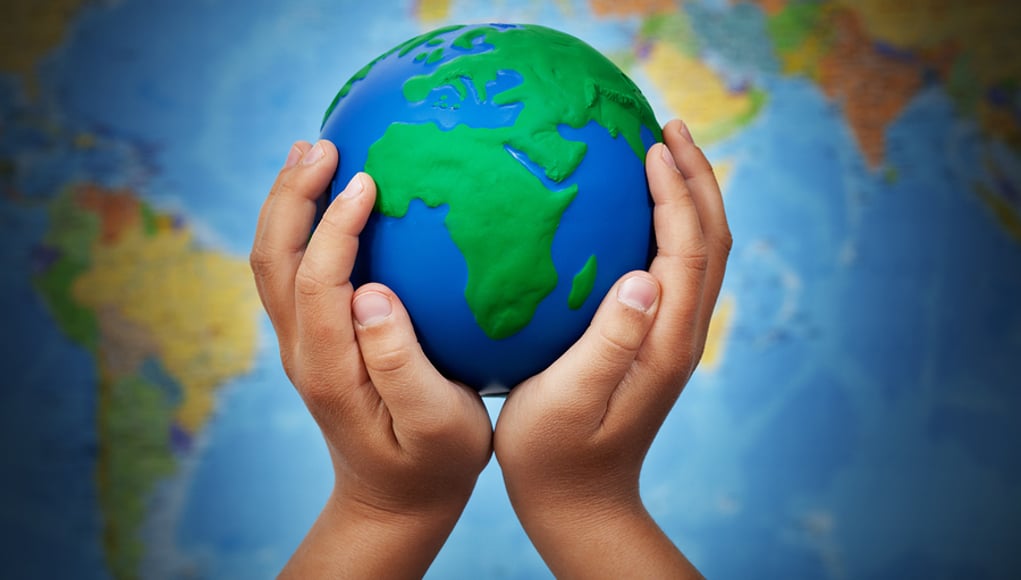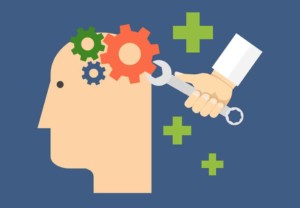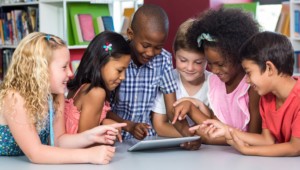Hot Topics from the Harvard Think Tank on Global Education

By Erin Dowd
Whenever I come back from an education conference or event, I need time to process the experience. Absorbing so much information in just two jam-packed days inevitably makes my head spin in a delightful way. The Think Tank on Global Education, which took place at Harvard University on May 17-18, was no exception.
Led by Fernando Reimers, Veronica Boix Manzilla and Darla Deardorff, a group of more than one hundred educators from all over the world came together with a common passion and goal to move global education forward. I was fortunate to be one of these educators.
Can't wait to read @FernandoReimers new book about #globalgoals! Join the launch live tomorrow at 3 pm EST https://t.co/9AWUdn7HcB pic.twitter.com/6ppMn1J7Cv
— Erin Dowd (@eedowd27) May 18, 2017
We began our two-day journey by finding common ground with each other. We did this by sharing our migration stories – where we came from and how these stories from the past have informed who we are. Our migration stories served as an ice-breaker, which led to the participants forging personal connections and developing shared goals around global education. This sharing also built a foundation for all of the workshops and conversations to ensue.

While we covered a lot of ground over the two days from cultural competency to creating action plans, the following big ideas were what resonated with me the most:
Barriers
There are plenty of reasons why teaching for global competency has not become integrated in every class across the world, but two can be identified as the greatest obstacles: teacher capacity and availability of resources.
So how do you begin to break down the barriers and turn challenges into successes? The following ideas emerged in our discussions as being necessary for success:
- Common Language
- Humanization
- Collective Leadership & Collaboration
- Urgency
Common Language
Where do you begin? One of the first things to establish in your school is a shared definition for global competency and a framework for knowledge, skills and dispositions that make up a global citizen. In his new book, Empowering Students to Improve the World in Sixty Lessons, Harvard professor Fernando Reimers outlines four areas to help educators begin, including intercultural competency, ethical orientation, knowledge and skills, and work and mind habits.
This common language, when added to the UN Sustainable Development Goals (SDGs), provides a framework for creating a global learning community. The framework and common language allow us to move global education from something extra to something automatic. Change may seem daunting at first, but if you set realistic goals, bring others along, speak simply and, most importantly, keep moving, small steps will lead to great progress, as we discovered through workshop discussions and debriefs from Dr. Reimers.
Humanization
In a time when data and test scores can sometimes be valued more than the needs of the individual, it’s important to remember why we teach and what motivates us to work with students every day. In short, we need to rehumanize education. When you take the time to remember why you became an educator in the first place and share that story with your colleagues, you bring the focus back to the ones that matter – your students. From there, you realize your shared goals and develop collective wisdom toward developing global competency.
Veronica Boix Manzilla of Project Zero reminded us that everyone has the power to make an impact through small interactions: “When who we are as humans, professionals and citizens are aligned, this is the nature of authentic work.” Changing the culture of a classroom or school happens in small steps with intentionality, each day with a shift in motivation from data points to culture to building new habits for ourselves and for our students.
Collective Leadership & Collaboration
To paraphrase Reimers, no government or agency has the power or the resources to address all of the issues in the world. This is why we must work together. If we don’t, it’s like “moving the chairs around on the Titanic.”
Global education is not new, but how we define it and bring it to our classrooms might be quite novel indeed. This doesn’t mean we have to throw away everything we do now and start from scratch. Educators can make connections to global competency in any lesson at any time, building on the learning already taking place in the classroom.
Most importantly, there is great power in collaboration and collective leadership. Just as one government can’t do it all alone, neither can one teacher nor one administrator. Seek out colleagues, collaborate on lesson ideas and share leadership responsibilities. The power of collective leadership was evidenced by this Think Tank, representing a microcosm of what education could be.
Urgency
Perhaps my most important take-away from the Harvard Think Tank on Global Education was that there is no time to wait to find the right way, the perfect way. The health and sustainability of our planet depend on the scalability of the work we do now and the iterations that result. It is the responsibility of each person. Everyone belongs in this field because educating future generations of decision-makers and active global citizens is everyone’s responsibility.

In the words of Reimers, “Leading this work [of global education] is a contact sport, not for the faint of heart.” It requires standing up and pushing back but also being compassionate and collaborative.
Barriers and challenges will always exist when we are at the brink of meaningful change, but as Reimers said in his opening remarks, “Global education is in the DNA of democracy.” A democratic society cannot work if we do not have an educated population, and global competency is the way we will do it together. To do this, we should share, contribute, learn from each other, but most importantly get started!
"Global education is in the DNA of democracy" @FernandoReimers #globaledthinktank pic.twitter.com/r0d7Z21AUm
— Erin Dowd (@eedowd27) May 18, 2017
Here are some resources for your global education journey:
- Empowering Students to Improve the World in Sixty Lessons– Fernando Reimers et al. Download it for $1 here.
- To connect to other global educators, take the SDG pledge at www.teachsdgs.org.
And here is some additional information about developing habits and Thinking Routines for Global Competence:
- http://www.pz.harvard.edu/sites/default/files/book-globalcompetence.pdf
- http://www.ascd.org/publications/educational-leadership/dec16/vol74/num04/How-to-Be-a-Global-Thinker.aspx
Erin Dowd is the Director of Curriculum at Level Up Village and a member of the Global Goals Educator Task Force #TeachSDGs. Follow her on Twitter @eedowd27.
Stay in-the-know with all things EdTech and innovations in learning by signing up to receive the weekly Smart Update.






0 Comments
Leave a Comment
Your email address will not be published. All fields are required.